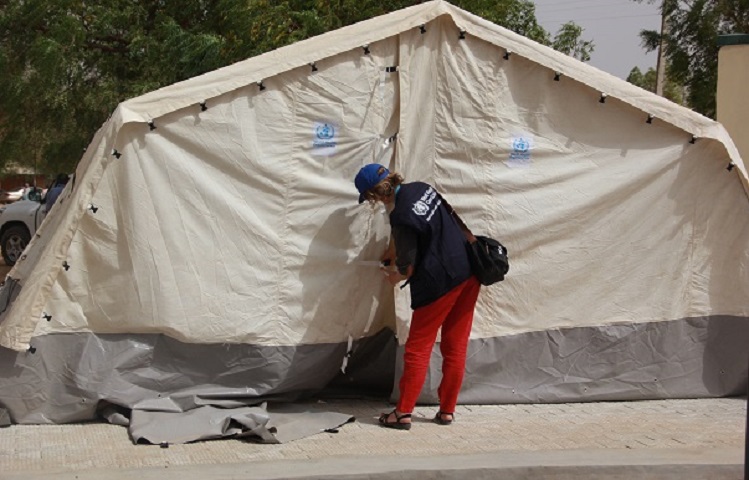The World Health Organization is scaling up its response to an outbreak of Lassa fever in Nigeria, which has spread to 17 states and may have infected up to 450 people in less than five weeks.
February 14th, 2018“13 February 2018, ABUJA – The World Health Organization is scaling up its response to an outbreak of Lassa fever in Nigeria, which has spread to 17 states and may have infected up to 450 people in less than five weeks.
From the onset of the outbreak, WHO Nigeria deployed staff from the national and state levels to support the Government of Nigeria’s national Lassa fever Emergency Operations Centre and state surveillance activities. WHO is helping to coordinate health actors and is joining rapid risk assessment teams travelling to hot spots to investigate the outbreak.
Between 1 January and 4 February 2018, nearly 450 suspected cases were reported, of which 132 are laboratory confirmed Lassa fever. Of these, 43 deaths were reported, 37 of which were lab confirmed.
The acute viral haemorrhagic fever is endemic in Nigeria but for the current outbreak the hot spots are the southern states of Edo, Ondo and Ebonyi.
“The high number of Lassa fever cases is concerning. We are observing an unusually high number of cases for this time of year.” said Dr. Wondimagegnehu Alemu, WHO Representative to Nigeria.

Among those infected are 11 health workers, four of whom have died. WHO is advising national authorities on strengthening infection, prevention and control practices in healthcare settings. Healthcare workers caring for Lassa fever patients require extra infection and control measures, including the use of personal protective equipment to prevent contact with patients’ bodily fluids.
With the increase in the number of cases, WHO initially donated personal protective equipment to the Nigeria Center for Disease Control and to the affected states and procured laboratory reagents to support the prompt diagnosis of Lassa fever. WHO is deploying international experts to coordinate the response, strengthen surveillance, provide treatment guidelines, and engage with communities to raise awareness on prevention and treatment.
Lassa fever is endemic to several West African countries. Benin, Liberia and Sierra Leone have all reported cases in the past month. WHO is working with countries in the region to strengthen coordination and cross-border cooperation.”


